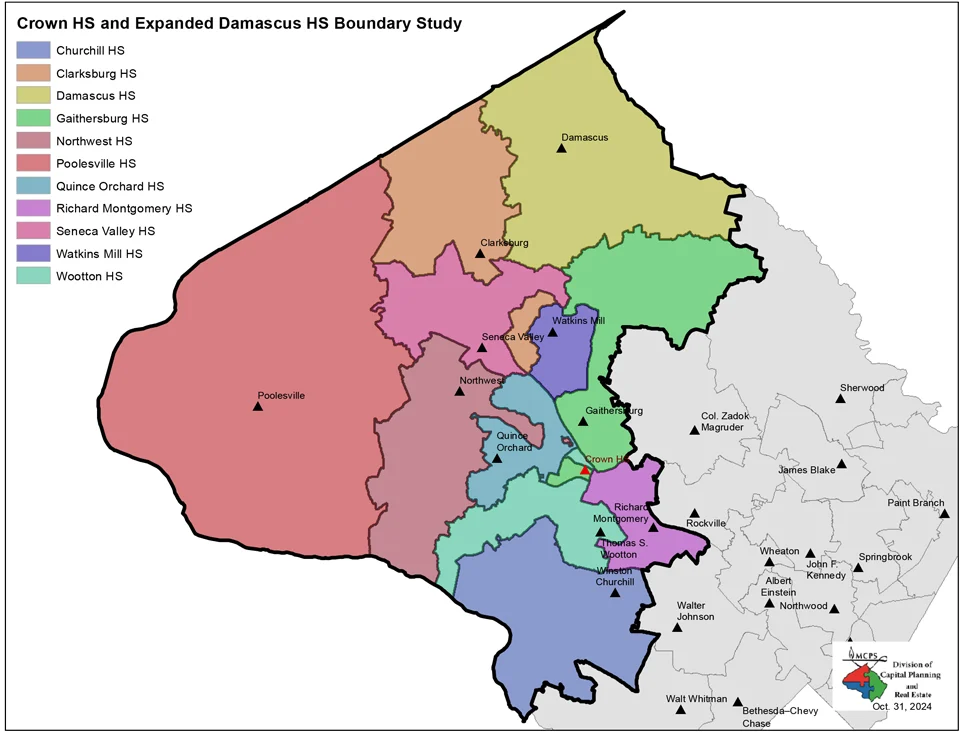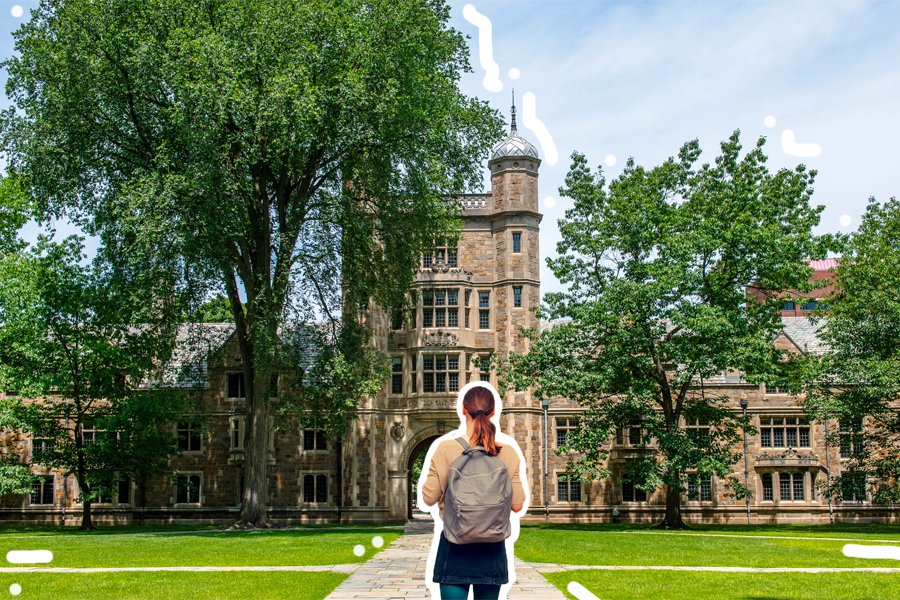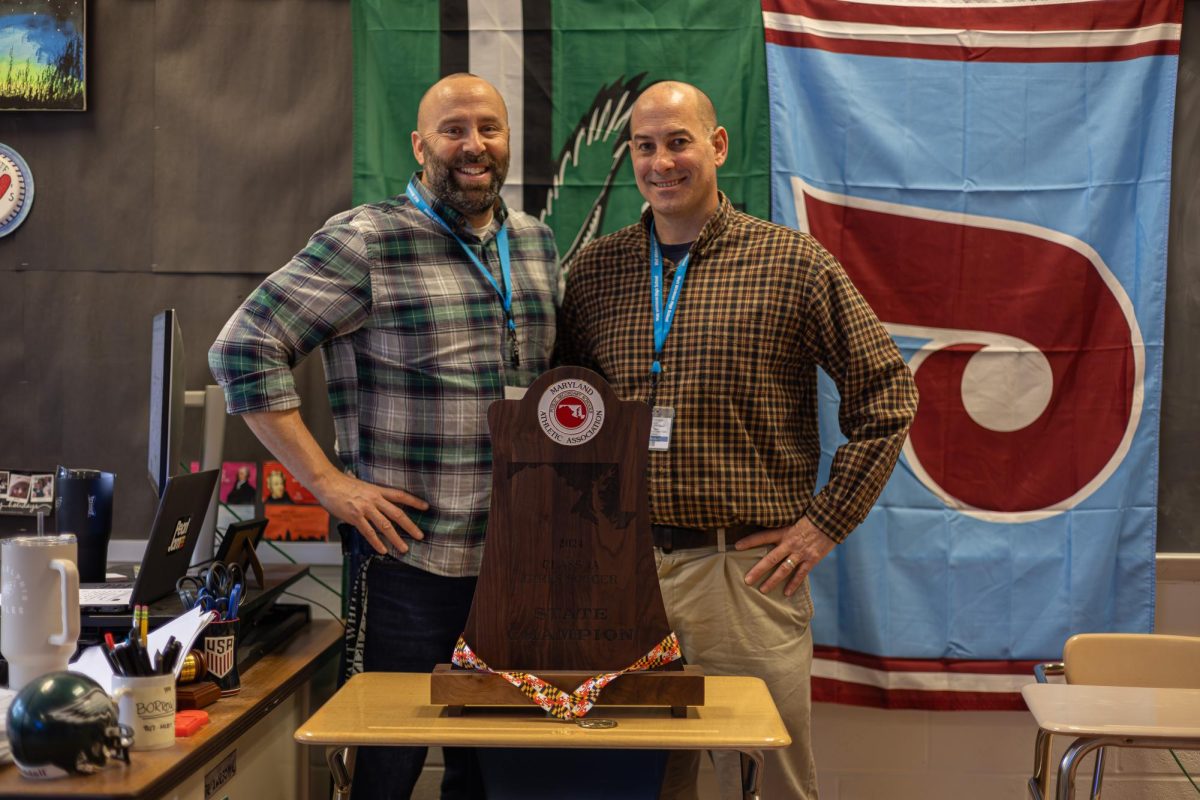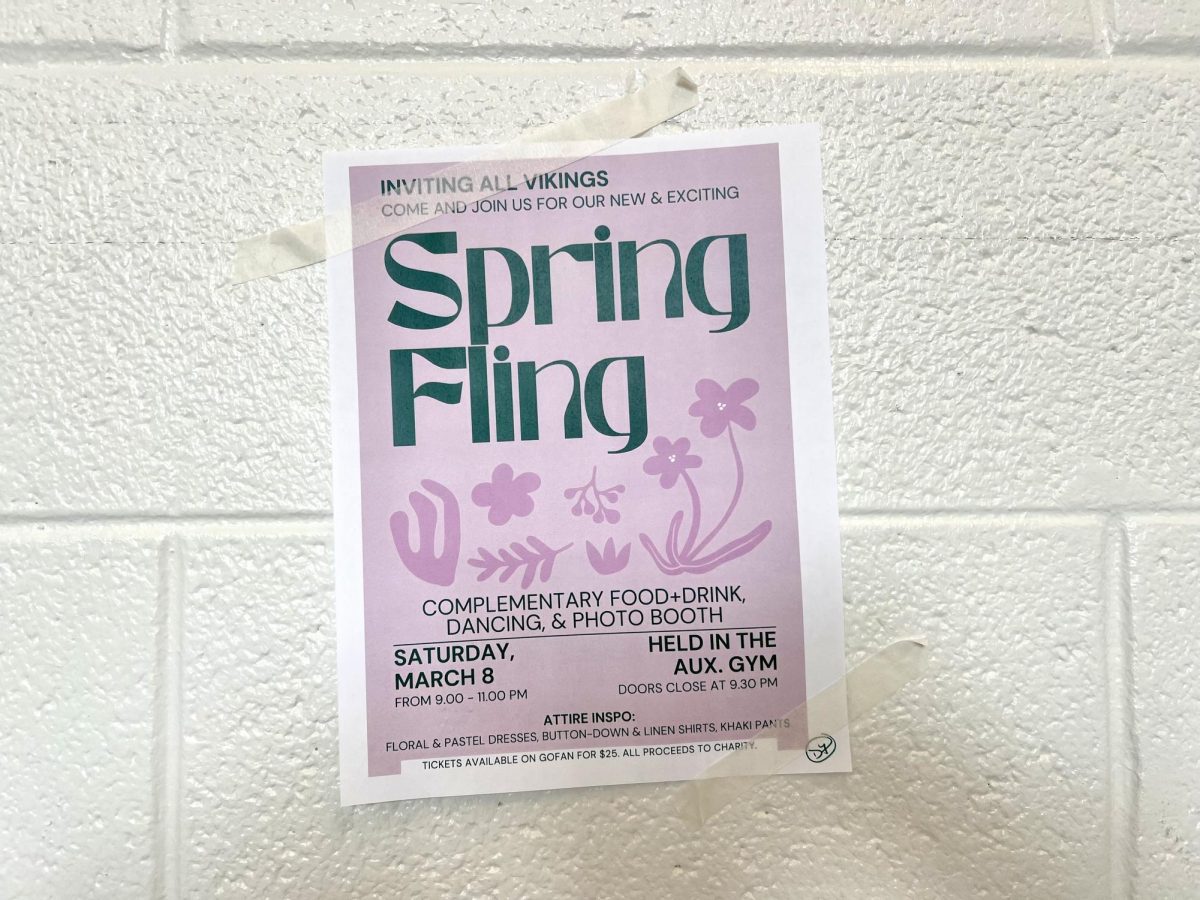This year, physics students are getting a taste of online learning with the Quest homework system.
Quest, a website produced by the University of Texas-Austin, offers video lessons and practice problems for a variety of school subjects. Honors and regular physics classes are using the site this year, and other classes may follow suit depending on the results.
“We’re introducing it to the school, and we don’t want to overwhelm anybody, so this is a first step,” physics teacher Simone Kulin said.
Kulin, a new staff member, brought Quest to the school after success with the site last year teaching at B-CC. Quest is used in some high schools, but is more popular at the university level.
“When you go to colleges, they use online systems,” physics teacher Kismet Talaat said. “So we’re just kind of going the way of the colleges.”
The lesson database has over 5,000 learning modules that teachers can add to students’ assignments list. The modules include audio and visual elements as well as multiple-choice questions, short-answer questions, or essays. Teachers can also upload their own lectures and learning modules to the site.
Quest promotes the “blended learning” system, with its web modules alongside classroom lessons. It can also be used for a flipped classroom, in which students view instructional videos at home and do problem sets in class.
Quest provides teachers with statistics revealing which problems students struggled with and which ones they easily mastered.
“Some kids need to be able to look at something repeatedly, which they can do online, in order to get a concept,” Talaat said.
Despite its innovative features, students find Quest difficult to use.
The site’s formatting can be perplexing: answer choices are often split between pages, and answers to short-answer questions must be within 1 percent of the number the system has stored. Quest assignments are graded for accuracy instead of completion, increasing accountability and pressure on students.
Quest may have issues, but it’s still a step towards the future of education.
“E-learning in general, I think it’s fabulous,” Talaat said. “The more ways we can reach you guys, the better.”








